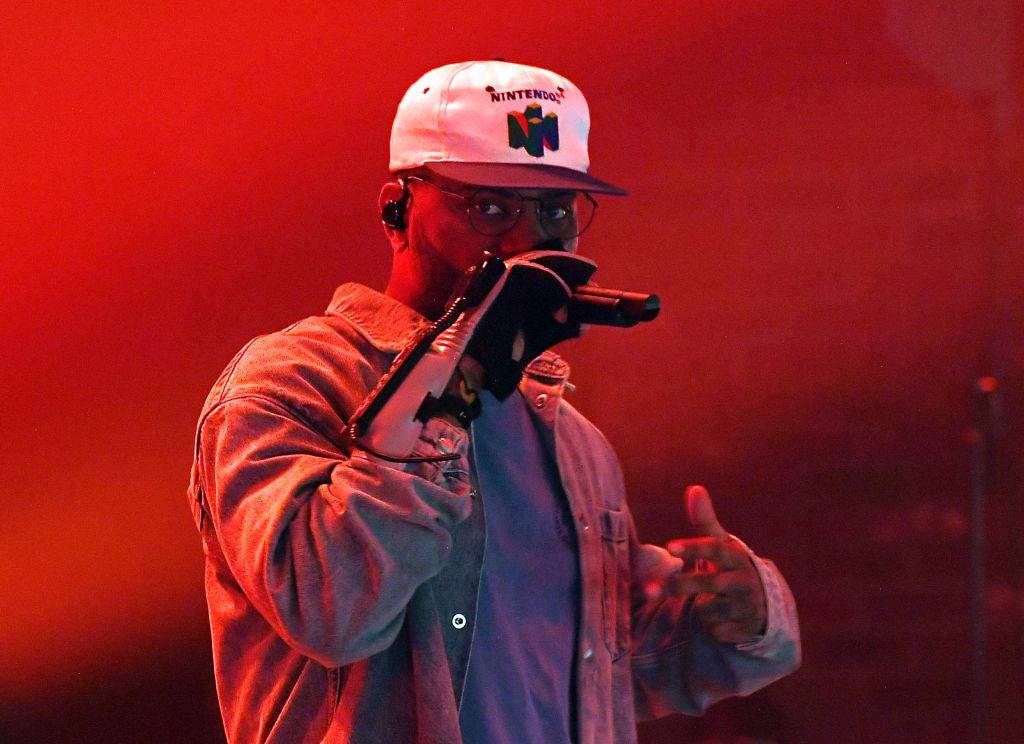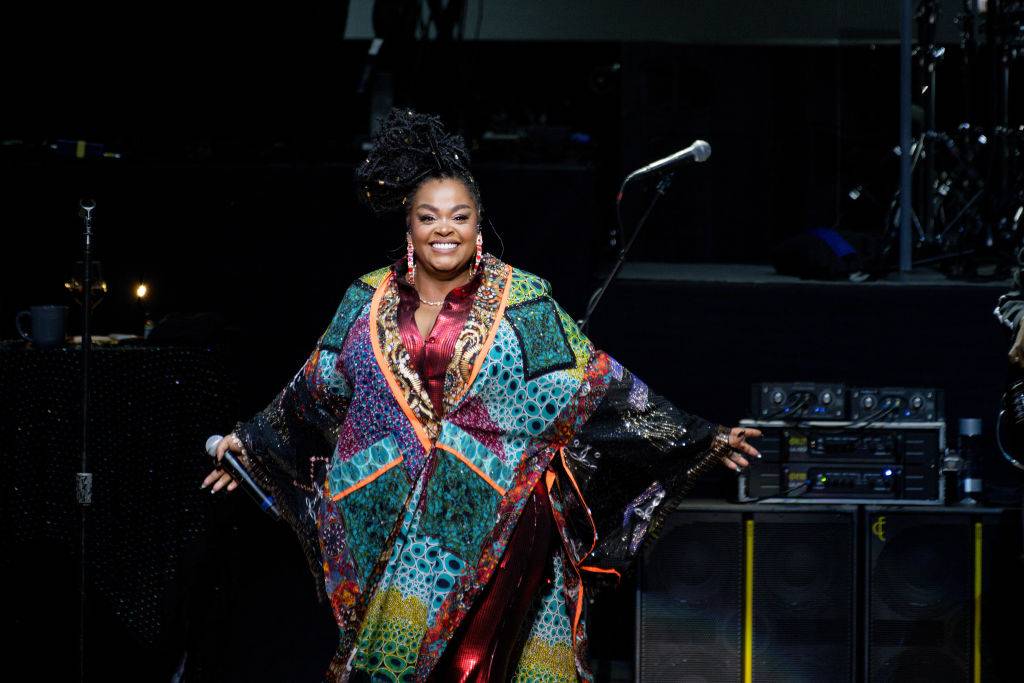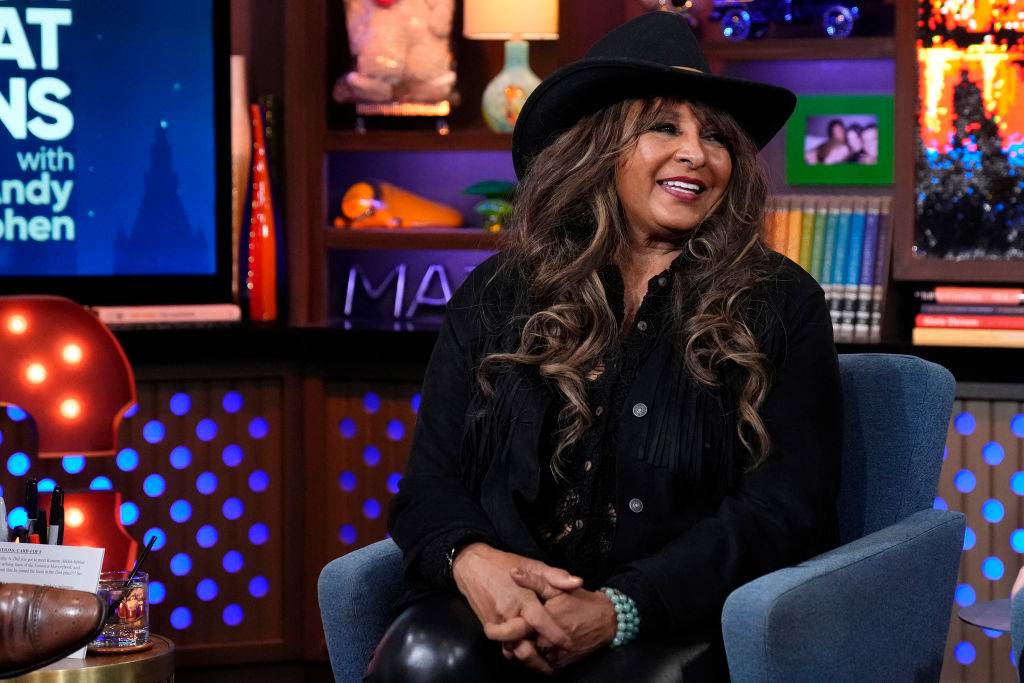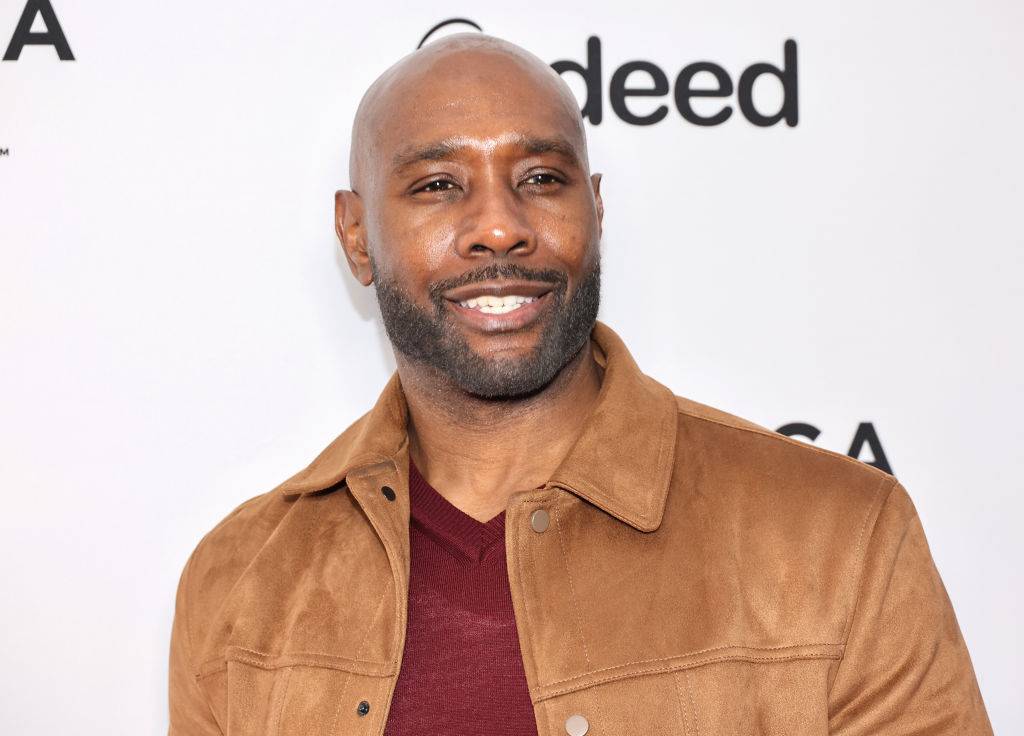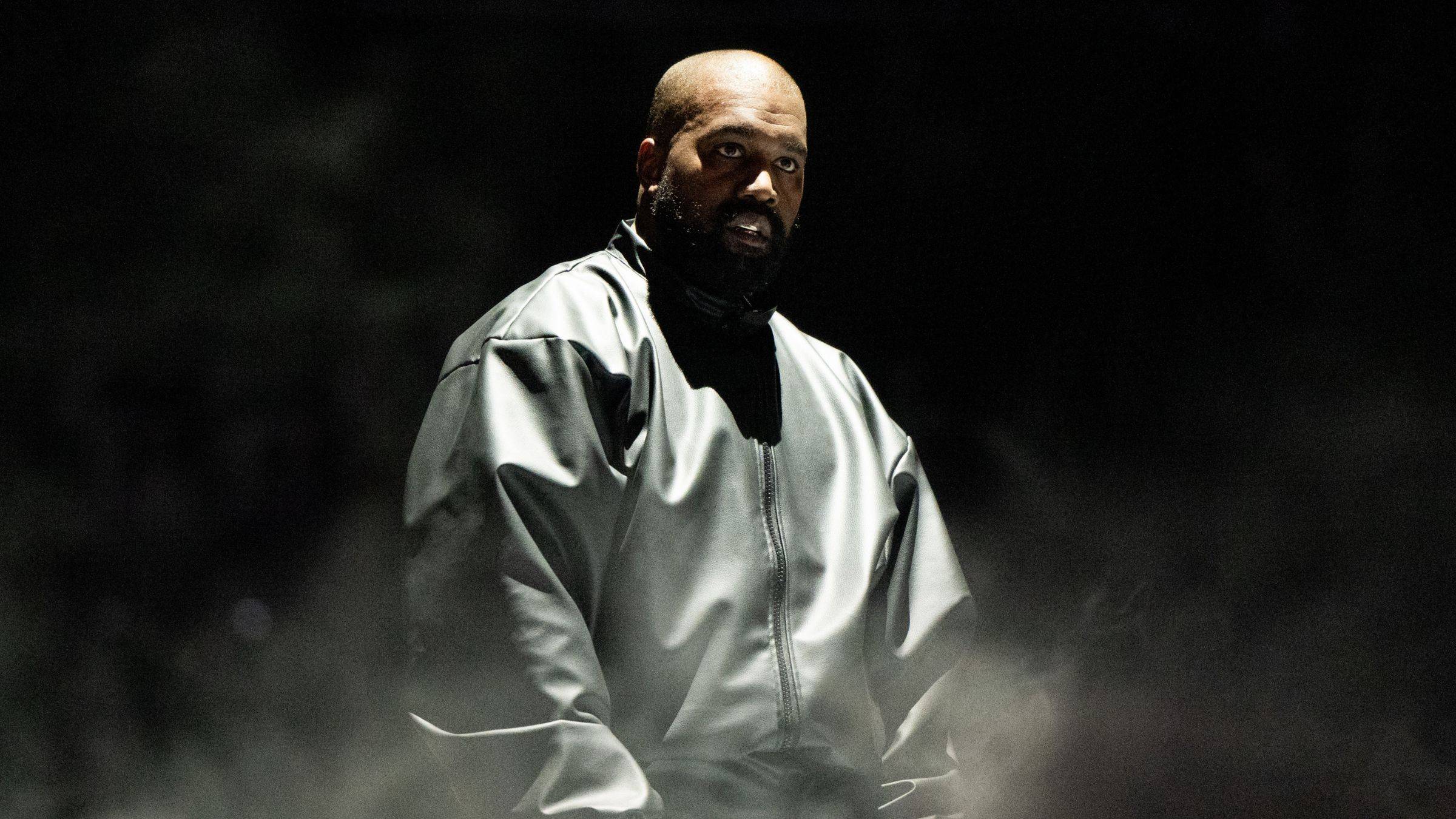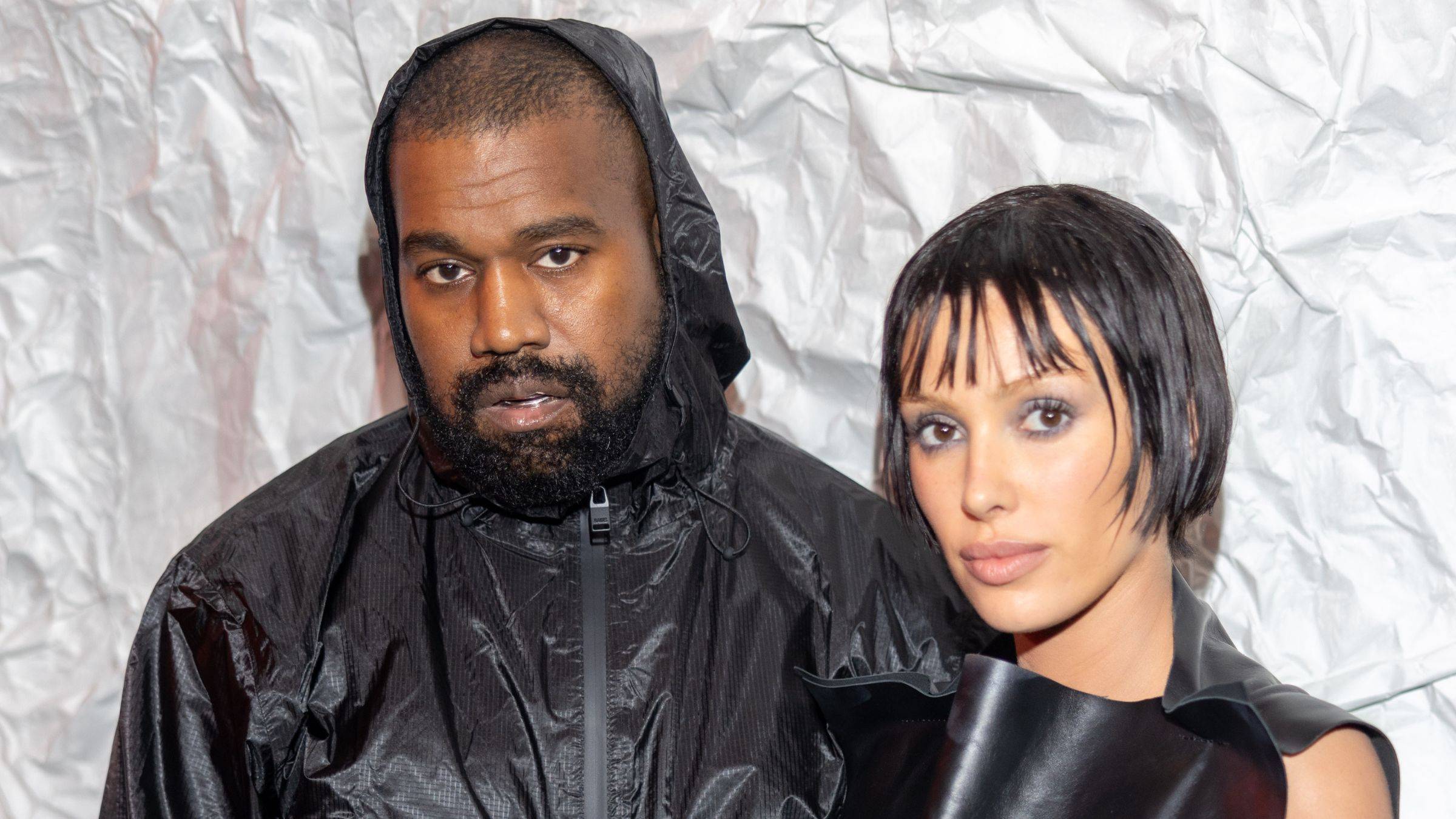LeBron James Says California’s Historic Passing Of The ‘Fair Pay To Play Act’ Is ‘Personal’ For Him
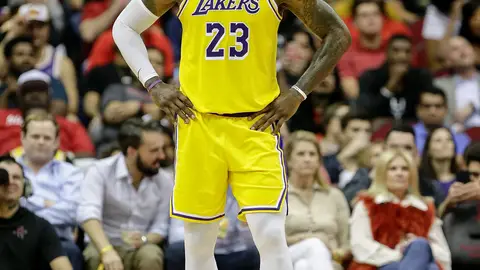
California Governor Gavin Newsom signed Senate Bill 206 into law Monday (September 30th) on HBO’s “The Shop.” A free flowing ‘barbershop style’ conversation show produced by LeBron James and his longtime business partner and friend Maverick Carter.
The bill would allow athletes at California colleges and universities to profit off their name, image and likeness. Something that has been banned by the NCAA since its inception, to keep up the facade of amateurism.
James famously skipped college and went straight to the NBA from St. Vincent-St. Mary high school in Akron, Ohio. But he understands the significance of what this piece of legislation could mean for athletes that have to go the college route.
Speaking to the assembled media at Lakers practice on Monday (September 30th), James said the following:
"I think it's a great day. I think it's a win, obviously, in California. Like I said, I'm just honored to be a part of it and be with the governor and for him to understand what a lot of these athletes have been going through for so many years. So, it's a start of something that we believe is special."
The college sports industrial complex generates billions of dollars annually. The majority of those funds goes into the pockets of the NCAA, coaches, school administrators and officials.
Yes, money goes back into the athletic programs. But that money is shared. All the non revenue generating sports get a piece of the pie as well.
Income generated solely by the revenue generating sports (football and basketball) that are primarily played by Black athletes, is disbursed among all the aforementioned parties, largely made up of White people and athletes.
SB 206 is by no means a cure all, but it is a step in the right direction. How it will play out for the “non star” level players will be something to watch. For the kids that are talented enough and need to send money home to their families, this is big.
"I was one of those underprivileged kids,” James said. Obviously, I was fortunate enough and talented enough to be able to skip college. But for sure I would have been one of those kids if I would have went off to Ohio State or if I would have went off to any one of these big-time colleges, where pretty much that 23 jersey would have got sold all over the place without my name on the back, but everybody would have known the likeness. My body would have been on the NCAA basketball [video] game 2004 and the Schottenstein Center would have been sold out every single night if I was there. And coming from just me and my mom, we didn't have anything and we wouldn't have been able to benefit at all from it, and the university would have been able to capitalize on everything that I would have been there for that year or two or whatever. So I understand what those kids are going through. I feel for those kids that have been going through it for so long, so that's why it's personal to me."
Everywhere else in a capitalist system, individuals are allowed to negotiate what they are worth. This is not so with the NCAA, which continues to disguise itself as a lawmaking entity concerned with the preservation of so-called amateurism.
Staunch opponents of the bill lean on the “sanctity of college sports” and notions of loyalty and pride for an alma mater. But both things can be true. Many sports fans tune in to watch both college and professional sports and enjoy them the same.
If the idea of college athletes getting paid for their labor and generating income based on their worth is offensive, then maybe this isn’t about sports. Maybe, just maybe, it’s about something far more sinister.
James’ agent and the head of Klutch Sports, Rich Paul sees benefits beyond the potential dollars. He also appeared on this episode of “The Shop” and said:
“Beyond the compensation college athletes can earn, the basic business fluency that can be gleaned from the process behind negotiating deals is another benefit the players can take with them long past their school days.”
Isn’t that interesting. Allowing athletes a seat at the table and a chance to understand how the business of sports actually works.
For an organization that loves to tell us how important it is that athletes are educated, this sure seems like lessons athletes could use.
